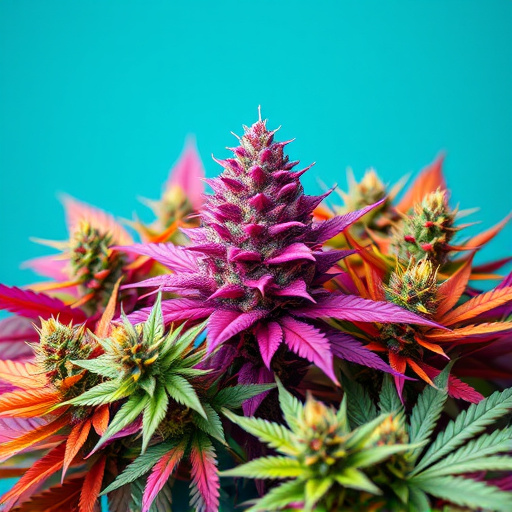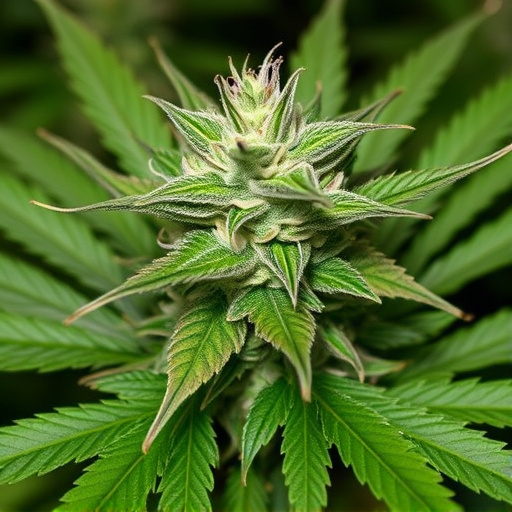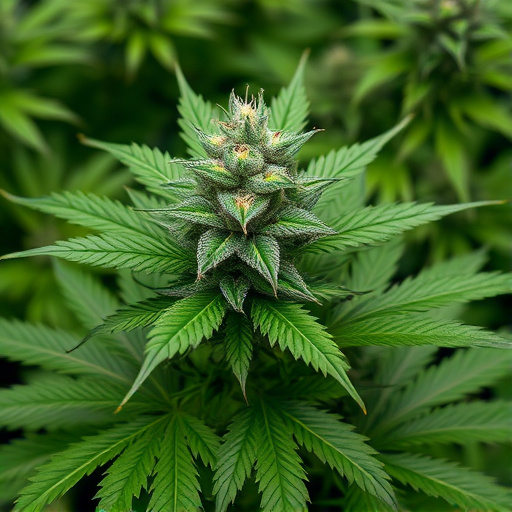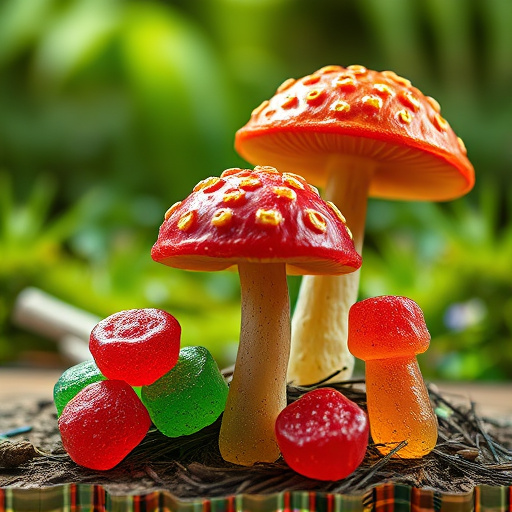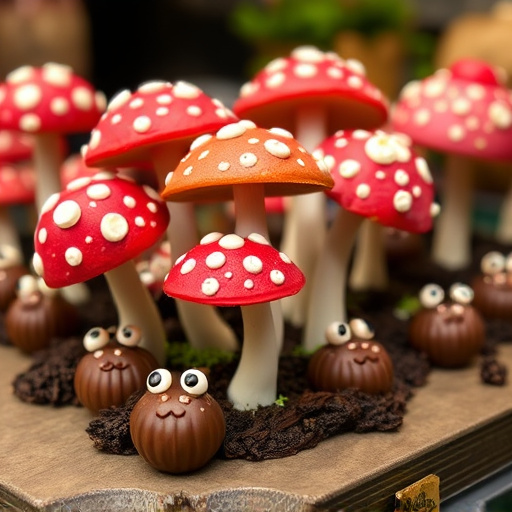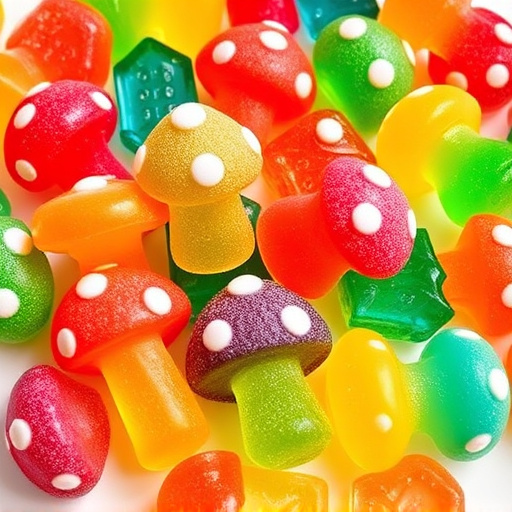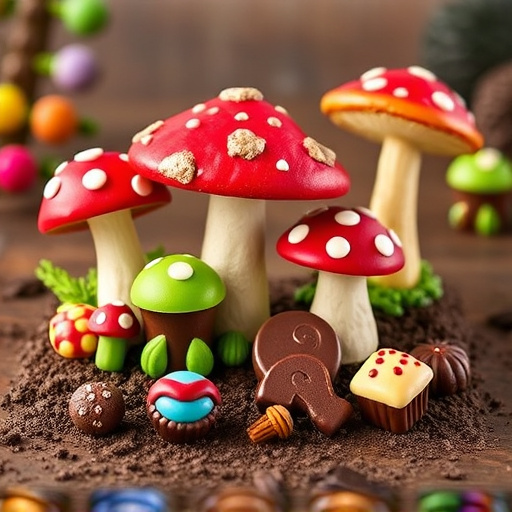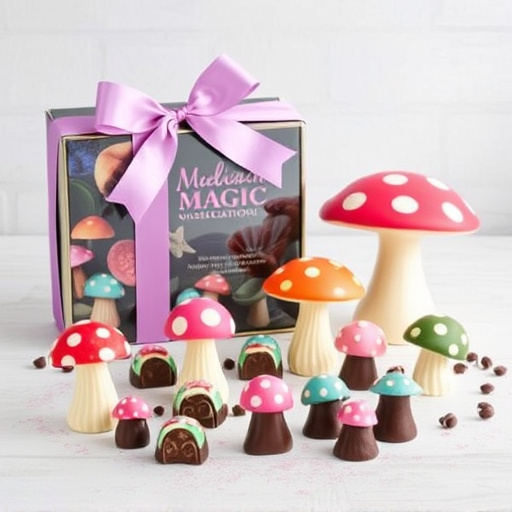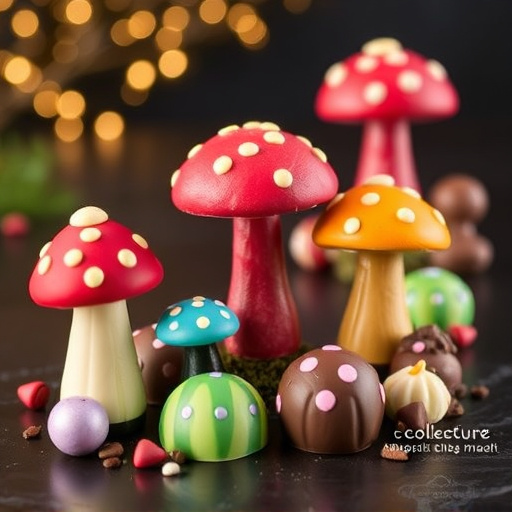The legal status of magic mushroom chocolates is a complex, globally varying issue. While there's been progress towards decriminalization and medical legalization in North America and Europe, psychedelic substances remain illegal or have unclear regulations in many regions. This creates challenges for consumers navigating potential penalties related to possession, sale, or distribution. The shifting legal landscape reflects discussions about psilocybin's therapeutic benefits while emphasizing the need for public safety through strict regulations and controlled distribution under medical supervision.
“Unveiling the World of Magic Mushroom Chocolates: A Comprehensive Guide to Their Legal Status, Effects, and User Experiences. With a shifting legal landscape globally, the integration of psychoactive compounds like PSY-B into chocolate products has sparked interest. This article navigates the current legal status of magic mushroom chocolates worldwide, delves into their effects on brain chemistry, and explores various dosage forms and consumption methods, offering insights for both enthusiasts and those curious about this unique culinary trend.”
- The Current Legal Landscape of Magic Mushroom Chocolates
- – Overview of global and regional legalities
- – Regulatory frameworks and restrictions
The Current Legal Landscape of Magic Mushroom Chocolates

The legal landscape surrounding magic mushroom chocolates is a complex and evolving matter, varying significantly across different countries and regions. In recent years, there has been a growing trend towards decriminalization and regulatory changes, particularly in parts of North America and Europe. Many countries have recognized the therapeutic potential of psilocybin mushrooms and their active compounds, leading to shifts in legislation. For instance, some states in the US have legalized the use of psilocybin for medical purposes, allowing controlled distribution and consumption under specific conditions. Similarly, Canada has taken steps towards federal legalization, with pilot projects exploring psilocybin-assisted therapy for mental health conditions.
However, the legal status of magic mushroom chocolates remains somewhat murky. While some regions have relaxed regulations on psychedelic substances, including mushrooms, the incorporation of these into edible forms like chocolate presents unique challenges. Many countries still consider synthetic or extracted psychedelics illegal, and the extension of these laws to natural products derived from mushrooms is not always clear-cut. As a result, consumers must navigate a nuanced legal environment, with varying degrees of restriction and potential penalties for possession, sale, or distribution of magic mushroom chocolates.
– Overview of global and regional legalities
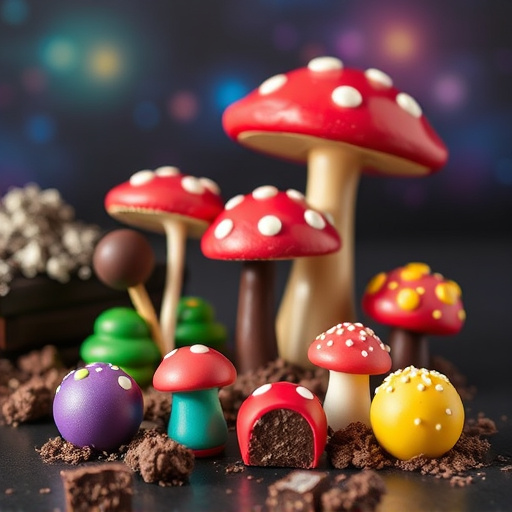
The legal status of magic mushroom chocolates varies globally, with different countries and regions having varying approaches to their regulation. In many places, these products remain largely illegal due to the psilocybin content derived from magic mushrooms. Psilocybin is classified as a controlled substance in numerous jurisdictions, leading to strict laws prohibiting its possession, sale, and distribution. However, there are notable exceptions.
Some countries and states have begun to relax their regulations, recognizing potential therapeutic benefits. The legal landscape is shifting, with certain regions allowing for limited medical or research use of psilocybin-containing products. This changing dynamic reflects a growing interest in exploring the therapeutic applications of magic mushrooms, driving discussions around their legalization and integration into healthcare systems.
– Regulatory frameworks and restrictions

The legal status of magic mushroom chocolates varies globally, reflecting complex regulatory frameworks and public perception surrounding psilocybin mushrooms. In many countries, these substances remain classified as illegal due to their psychoactive properties, with strict laws in place to deter usage. However, a growing body of research is challenging traditional views, leading to decriminalization or medical legalization in select regions.
Regulatory bodies worldwide are navigating the potential therapeutic benefits of psilocybin while ensuring public safety. Some countries have started to amend existing legislation, allowing for limited clinical trials and controlled distribution under strict medical supervision. This shift acknowledges the promising results in treating various mental health conditions, such as depression and anxiety, but it also underscores the need for stringent regulations to prevent misuse and ensure quality control in production.
The legal status of magic mushroom chocolates remains a complex and evolving landscape, with varying regulations across regions. As public perception shifts and research progresses, the global community is gradually acknowledging the potential therapeutic benefits of psilocybin. However, navigating the current legal frameworks is essential for consumers and businesses alike, ensuring compliance while harnessing the promising applications of these unique substances in the culinary and wellness industries. Understanding the local laws pertaining to magic mushroom chocolates is a crucial step towards a more inclusive and scientifically-driven approach to their use.


